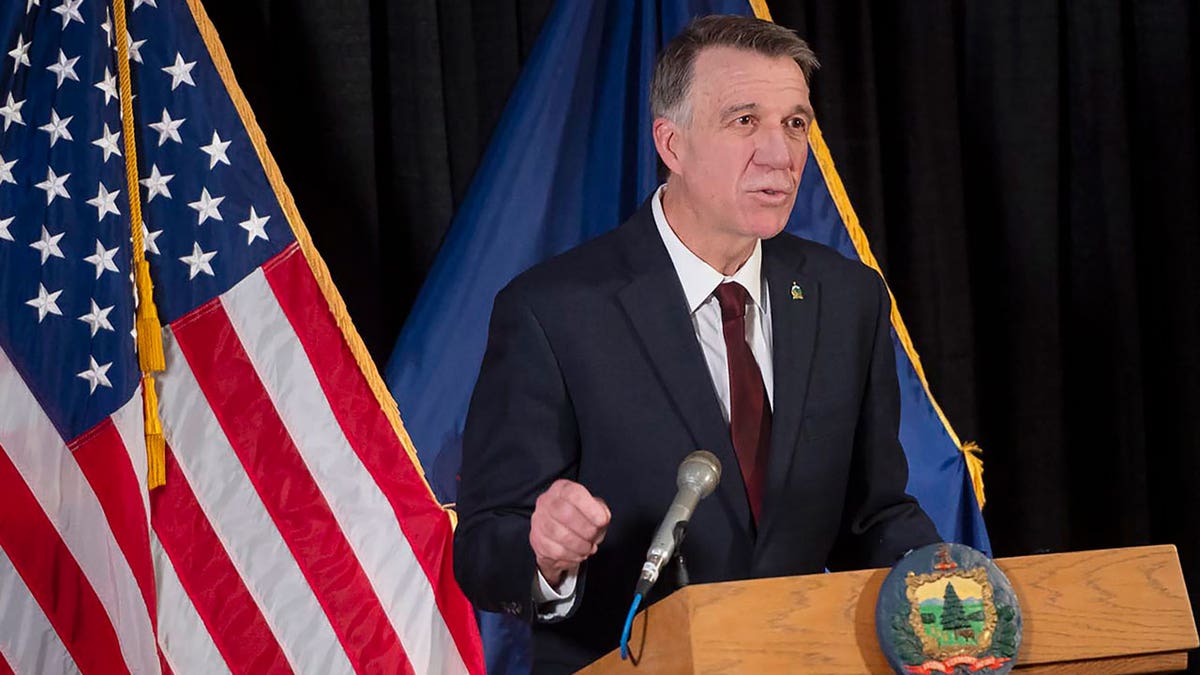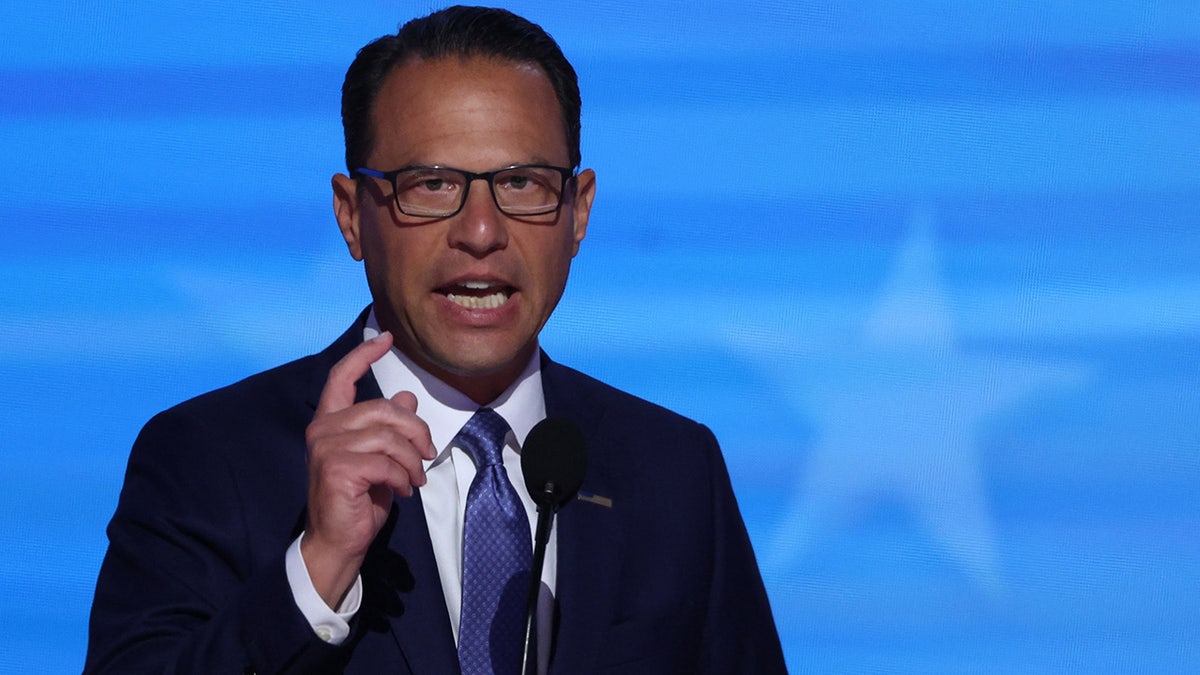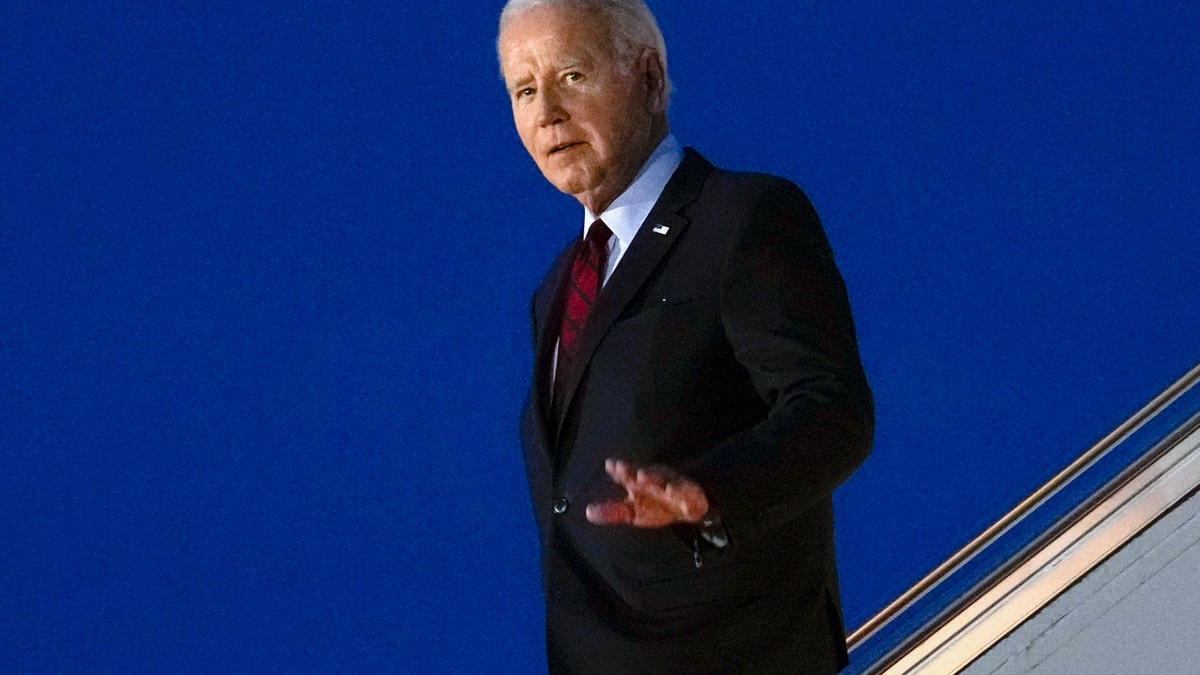The town of Brattleboro, Vermont, has taken a significant step in youth empowerment by granting 16 and 17-year-olds the right to vote in local elections and hold public office. This groundbreaking decision makes Brattleboro, a community of around 7,300 residents, the first in the United States to allow this level of youth participation in municipal governance.
This change comes after the Vermont Legislature, dominated by Democrats, overturned Governor Phil Scott's veto of the Brattleboro charter amendment. While a handful of cities in California and Maryland have lowered the voting age to 16 for specific local elections, such as school board elections, Brattleboro stands apart by extending this right to all municipal elections and allowing teens to serve on the town's selectboard and represent the community at town meetings.
Advocates for this change, including Kurt Daims, director of Brattleboro Common Sense, believe that this initiative could help retain young people within the community. Governor Scott, however, expressed concerns that lowering the voting age creates inconsistencies in Vermont's legal definition of adulthood. He also vetoed similar legislation last year. Despite the governor's reservations, the Legislature successfully overrode his veto, along with four others, demonstrating their commitment to this youth engagement initiative.

Photo: Vermont Gov. Phil Scott (Glenn Russell/VTDigger via AP, Pool, File)
Democratic Representative Emilie Kornheiser from Brattleboro emphasized the importance of making young people feel invested in their community. She believes that engaging youth in the political process at a local level strengthens communities and fosters a sense of belonging, particularly in a state like Vermont, which prides itself on democratic participation and has an aging population.
Rio Daims, who spearheaded the youth voting campaign starting in 2018 at the age of 16, expressed satisfaction with the outcome while also noting the lengthy legislative process. While the initial proposal included the right to serve on the school board, this provision was later removed, a point of contention for Daims, who believes high school students deserve more influence in school-related decisions.








